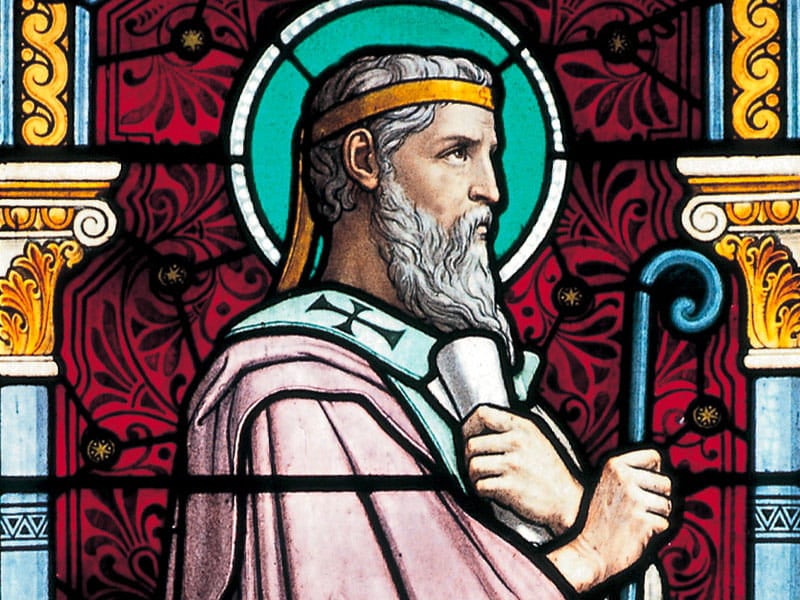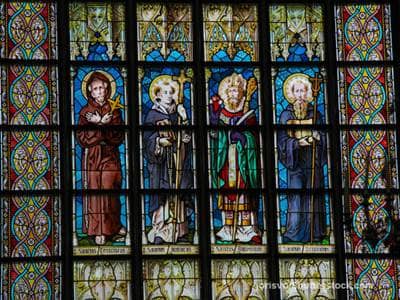St. Irenaeus (130?-220)

The Church is fortunate that Irenaeus was involved in many of its controversies in the second century. He was a student, well trained, no doubt, with great patience in investigating, tremendously protective of apostolic teaching, but prompted more by a desire to win over his opponents than to prove them in error.
As bishop of Lyons he was especially concerned with the Gnostics, who took their name from the Greek word for “knowledge.” Claiming access to secret knowledge imparted by Jesus to only a few disciples, their teaching was attracting and confusing many Christians. After thoroughly investigating the various Gnostic sects and their “secret,” Irenaeus showed to what logical conclusions their tenets led. These he contrasted with the teaching of the apostles and the text of Holy Scripture, giving us, in five books, a system of theology of great importance to subsequent times. Moreover, his work, widely used and translated into Latin and Armenian, gradually ended the influence of the Gnostics.
The circumstances and details about his death, like those of his birth and early life in Asia Minor, are not at all clear.


